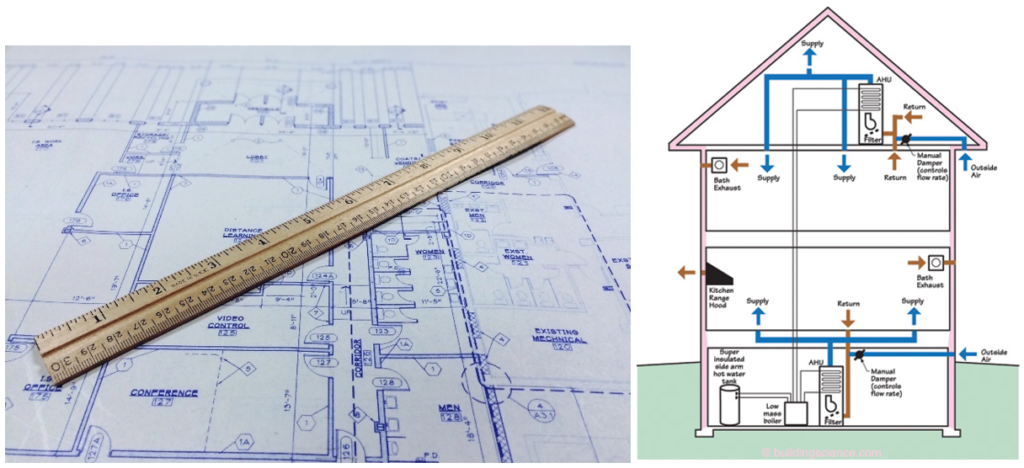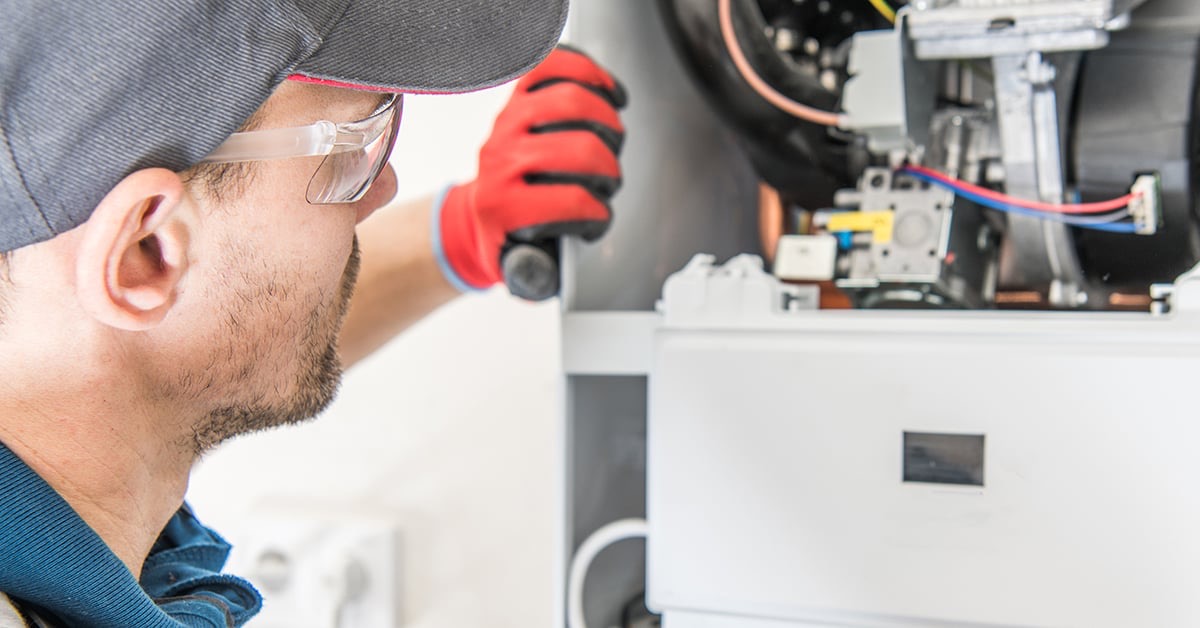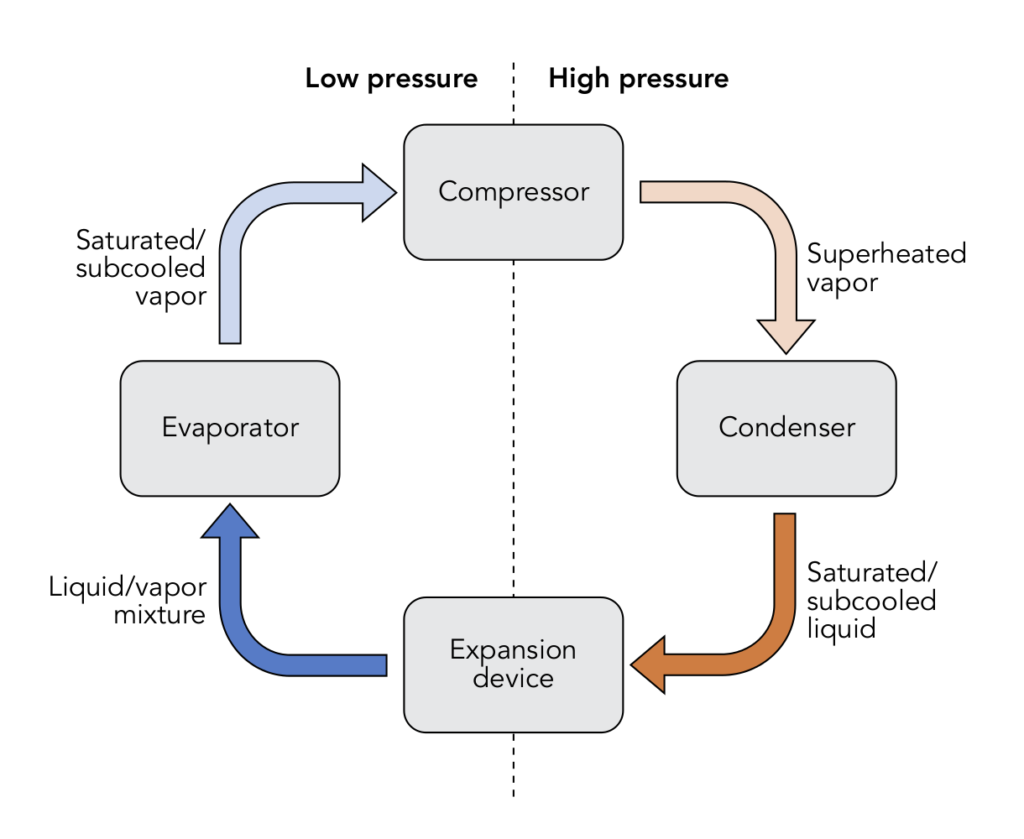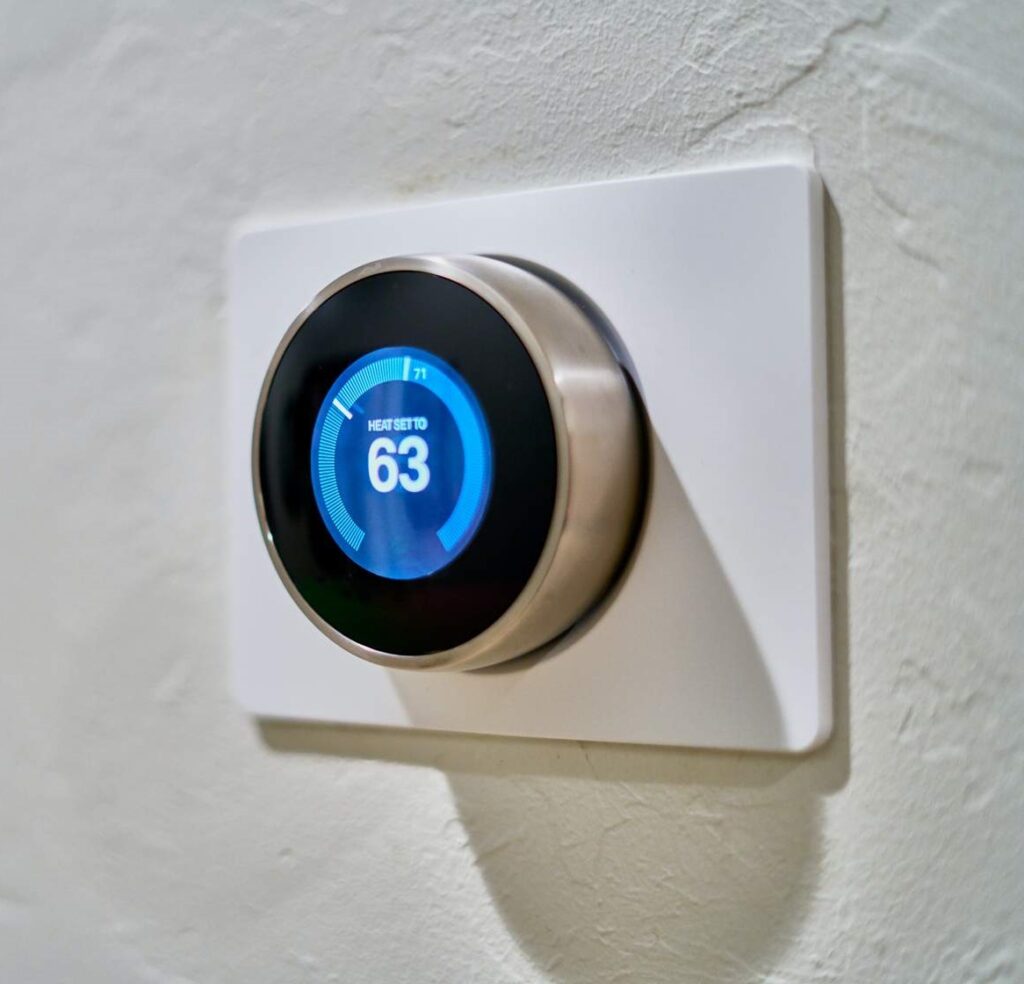STEM is HVAC (Heating and Cooling)
Science, technology, engineering, and math (STEM) are the essential building blocks of careers that cross industries and impact our daily lives in different ways. STEM is the foundation of technical careers that advances the next generation of a skilled workforce. STEM is the skilled trades of plumbing, heating, and cooling (HVAC) and electrical. STEM education, along with career and technical education (CTE), are complementary and provide the framework to building the next generation of a skilled workforce.Science
HVAC (heating, ventilation, and air conditioning) is the process of keeping an indoor environment comfortable and HVAC technicians have the technical training and skills to keep mechanical systems, like furnaces and air conditioners, operating efficiently. Technicians use science and chemistry to determine the delicate chemical balance of refrigerants and pressures within these systems to keep homes comfortable.Technology
The HVAC industry has grown considerably with the growth of modern technology. While earlier systems used more simplistic controls, almost every piece of equipment used today operates with a complex control board that ensures efficiency. Now that daily lives have gone digital, homeowners are able to adjust the temperature inside their homes from the other side of the world using smart devices.Engineering
Professionally engineered HVAC systems provide efficiency and maximize heating and cooling elements that keep homes comfortable. Architects, home builders, and technicians all use construction plans and blueprints to put these systems in place. HVAC technicians are well-versed in designing and servicing systems that improve indoor air quality, work in various climates around the world, and keep customers healthy by monitoring indoor air quality (IAQ). These are marketable skills as a service technician, as well as later on in a trades career path as a general manager or an owner.
Math
Math has always been part of the skilled trades. With algebra and specialized formulas, ductwork and whole-home systems can be serviced and designed. Using math, HVAC technicians calculate the amount of heating or cooling needed for given spaces, which ensure efficient systems for homeowners and conserve energy that safeguards the environment.
Interested In Exploring Further? Check out our Resources!



